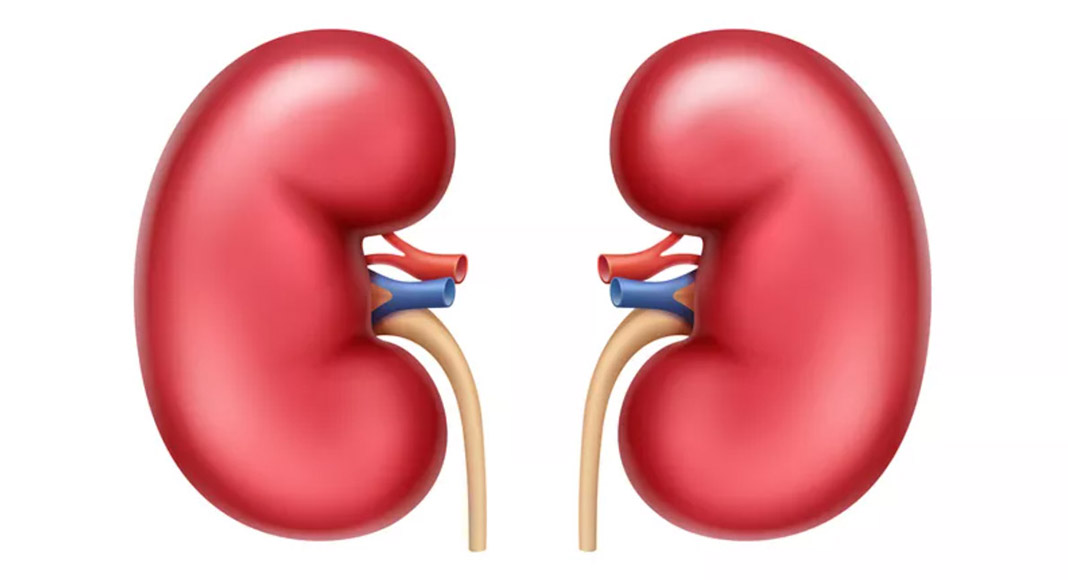Kidney damage can result from various factors, and protecting your kidneys involves adopting a healthy lifestyle and managing risk factors. Here are five common causes of kidney damage and ways to protect your kidneys:
- Poorly Controlled Diabetes:
- Cause: Diabetes is a leading cause of kidney damage. High blood sugar levels over time can damage the small blood vessels in the kidneys.
- Protection: Manage diabetes through regular monitoring of blood sugar levels, medication adherence, a healthy diet, and regular exercise. Consult your healthcare provider for personalized guidance.
- Hypertension (High Blood Pressure):
- Cause: Uncontrolled high blood pressure can damage the small blood vessels in the kidneys and lead to chronic kidney disease (CKD).
- Protection: Monitor blood pressure regularly and work with your healthcare provider to keep it within a healthy range. Lifestyle changes, such as a low-sodium diet, regular exercise, and stress management, can help.
- Chronic Dehydration:
- Cause: Inadequate fluid intake can lead to dehydration, impairing kidney function and potentially causing kidney stones.
- Protection: Stay hydrated by drinking an adequate amount of water throughout the day. The recommended daily fluid intake varies, but a general guideline is around 8 glasses (64 ounces) of water per day.
- Overuse of Over-the-Counter Painkillers (NSAIDs):
- Cause: Regular and excessive use of nonsteroidal anti-inflammatory drugs (NSAIDs) like ibuprofen and naproxen can cause kidney damage.
- Protection: Use over-the-counter painkillers sparingly and always follow the recommended dosage. If you have chronic pain, consult with a healthcare professional to explore alternative pain management strategies.
- Unhealthy Lifestyle Choices:
- Cause: Smoking, excessive alcohol consumption, and a poor diet high in salt, saturated fats, and processed foods can contribute to kidney damage.
- Protection: Adopt a healthy lifestyle by quitting smoking, limiting alcohol intake, and maintaining a balanced diet rich in fruits, vegetables, whole grains, and lean proteins. Regular physical activity is also beneficial.
Additional Tips to Protect Your Kidneys:
- Regular Exercise: Engage in regular physical activity, as it can help maintain a healthy weight and promote overall cardiovascular health.
- Regular Health Check-ups: Schedule regular check-ups with your healthcare provider to monitor blood pressure, blood sugar levels, and kidney function.
- Limit Salt Intake: Reduce sodium intake, as excessive salt can contribute to hypertension. Choose fresh, whole foods over processed and packaged ones.
- Moderate Protein Consumption: While protein is essential, excessive protein intake may strain the kidneys. Balance your protein intake with your individual needs and health status.
- Avoid Excessive Alcohol Consumption: Drinking alcohol in moderation is generally advised. Excessive alcohol intake can contribute to high blood pressure and other health issues.
Remember that individual health needs may vary, and it's crucial to consult with healthcare professionals for personalized advice based on your specific health conditions and circumstances.
Top Stories, Trending, Viral, Jobs, Information & Entertainment Telegram Channel Click to Join Infimor
